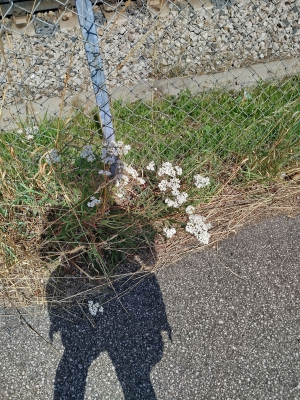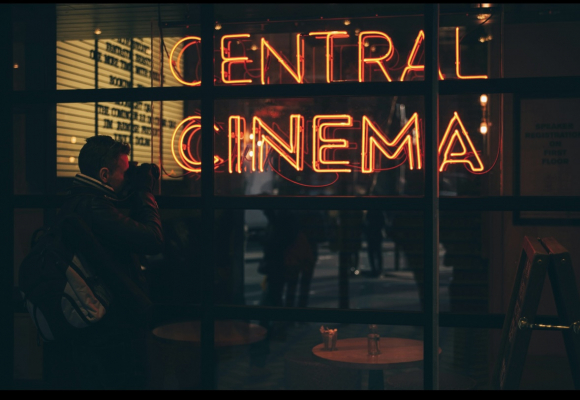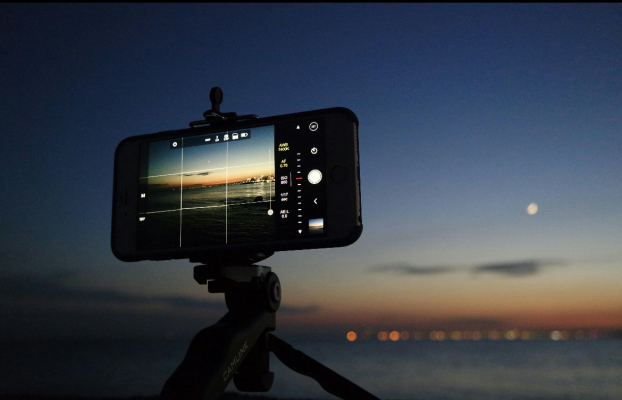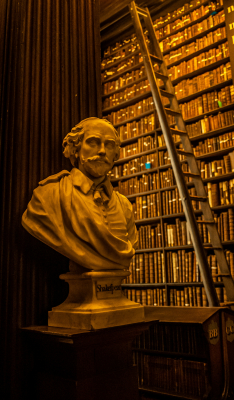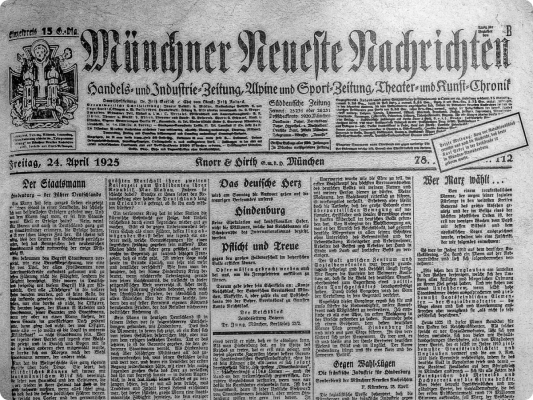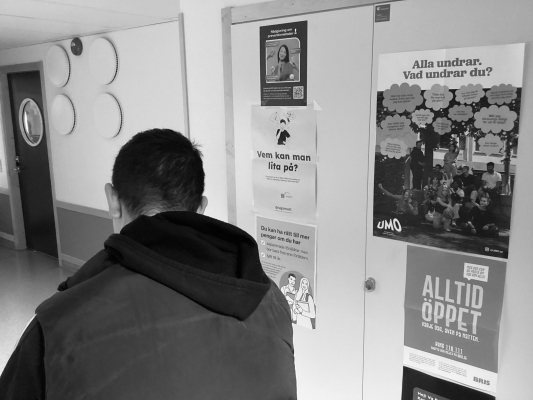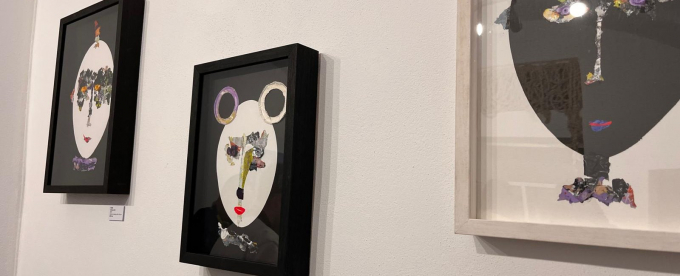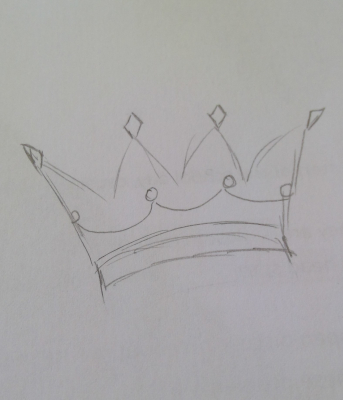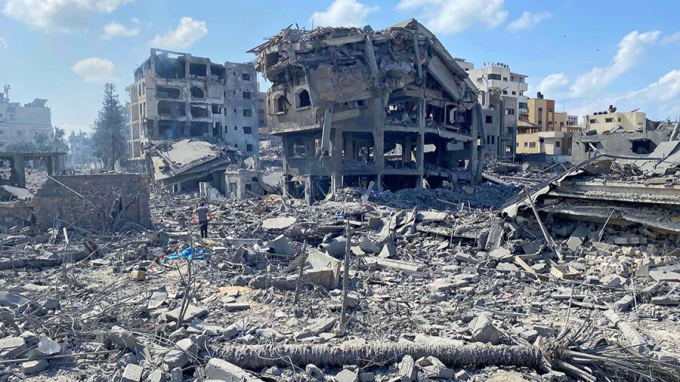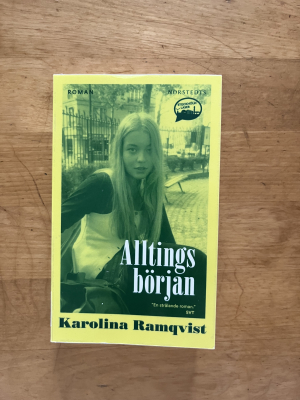“Pobability is the only certainty”- a brief look on “The Double Life of Véronique” directed by Krzysztof Kieślowski
By MIRCEA SCARLAT
Published 2025-09-30 15:00
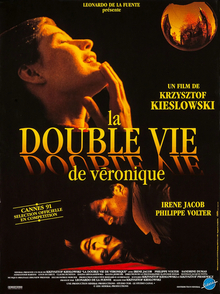
"The Double Life of Véronique” is a film that appeared in the public space in 1991 and which through its artistic quality contributes to the development of world cinematographic culture, being part of the filmography of the influential Polish director Krzysztof Kieślowski. Likewise, Kieślowski's "Three Colors"and "Dekalog" film cycles are as well known to audiences as the one currently mentioned, due to journalistic criticism from the end of the second millennium. In addition, Kieślowski was awarded with various international honors such as: "Golden Lion" for the best film, "Silver Lion" for the best director, both awards being given at the Venice Film Festival or ”Silver Bear" for best director at the Berlin International Film Festival. The three Oscar nominations can also be annotated in this introduction. "The Double Life of Véronique”received the National Society of Film Critics Award for Best Foreign Film, the same year Irėne Jacob won the Cannes Award for Best Actress.
Furthermore, I feel that it is absolutely vital for those who engage in the reading of this article, to pay attention to the subject of my analysis. I give them time to take courage to those who find themselves involved in the assumed risk situation (characteristic to the phase before viewing such a film, focused on a binary uncertainty) because you often can't understand the essence after a single viewing. In order to make sure that my own judgment won't be stoned, I want to point out that „the public” lighting is intended for an urb, not a cavern, which is bathed in the opacity of understanding some concepts bigger than any darkness and which, if they were crudely summarized, would lose their biological authenticity. The visual narrative implies the presence of a soul divided into two identical bodies, coexisting in different parts of Europe, a Weronika is in Poland, just as there is a Véronique in France.
The debut of the first lines in the film is simultaneous with the "portal-frame" of a city turned upside downand patronized by millions of stars that makes you think of a relative universe of knowledge and its hidden multiple possibilities (from the perspective of the child Weronika). In parallel, Veronique takes note of the micro plane of reality, as abstract as its macro extension. With this in mind, I will try, as far as possible, to mirror the reality of one in the other, without in any way damaging the order of events.
1 - WERONIKA, POLAND
The first 30 minutes of the film are devoted to Weronika's reality. The beginning of this part opens with an outdoor recital, where Weronika seems to be the only "survivor" of the "great flood", sincerely enjoying her own nature. The rain falling on Poland seems to be a huge Chinese drop that manipulates its "victim" until the major change. Little by little, the socialist bulwark that has been built up for years, rolling successively and uninterruptedly, turning itself upside down, is crumbling just like the communist regime. „Bronze Lenin” is deported, while street manifestations are becoming more and more purulent in Krakow. If someone were to condemn you to an overwhelming obligation, that would be to keep alive what is ephemeral from birth, a reference to the only moment of intimacy between Weronika and Antek, after the recital. Later, we also meet Weronika's father, who seems to be sensitive in his attitude towards his own daughter. It is also the first time that Weronika verbalizes the thrill of intuition, a moment that happens just before leaving for Krakow. The purpose of the visit is to see her aunt again, because she’s ill. We will fiind out from the aunt that Weronika's mother had died. Fissures of playfulness gradually invade the sober painting of Poland, an asset in line with the philosophy and symbols hidden among Kieślowski's frames.
However, the moments are always brought to a logical thread of the action, and an example that breaks the ice is the clandestine meeting and the perplexed look at Veronique, like an extra in thetheater, in a setting where a crowd of citizens, accompanied by the were releasing their freedom. We notice a smile similar to the one after the meeting with Antek, a smile for a portrait sketched according to the face and likeness of the viewer.
Until Weronika's death, which occurs suddenly at the symphony concert for which she had been selected, various more or less absurd or unclear events are imprinted on the collective retina of the audience. At the first signs of a heart attack, Weronika has to deal with an unusual episode. Supported by a bench, she sees a man dressed in a coat, who only for a second shows his genital area, then covers himself in place, passing on calmly. It is circulated by various voices that man is born naked and dies naked, and what Weronika sees is translated in my vision as a sign, as an anticipated pronouncement of fate.
2 – VERONIQUE, FRANCE
Weronika's death, although it was totally an incident produced in an unknown time and space, will installin Véronique a state of restlessness, similar to thel oss of a dear being.
As in the Ancient Rome, the god Ianus was depicted with two faces (one looking forward and one looking back), so in Kieślowski, Weronika and Veronique are back to back, unable to identify with each other in tangible reality. Veronique's trick is this: through a "DNA" anomaly, she comes to favorably anticipate the plausibility of the negative aspects that could arise, so she takes instinctive measures to avoid danger. She does not accept a professional proposal from a musician, but prefers to shelter herself, opting for a job as a teacher.
At school, she unexpectedly meets a man who was a puppeteer and with whom she suddenly and sincerely falls in love. She secretly documents his professional activity and consults with a close friend. In return, the puppeteer calls her in the middle of the night and sends her tapes with subliminal messages, just as eager to meet her. What amplifies the bizarreness of the situation, of course, would be an event external to the relationship with the puppeteer, namely the appearance of Weronika's ex-girlfriend in Paris. Veronique doesn’t know the identity of this woman, but a fact that supports the provision is not taking a seat next to her, therefore that leads her to another cafe where Alexandre was.
Before meeting Alexandre, Veronique sees a cardiologist and receives in the mail a rubber band from Weronika's sheet music file, which she initially throws away. The scene of stimulating the desire to simply save the received object in a senderless erasure produces another one even more loaded with meaning. Veronique picks up both the rubber band and the recently performed EKG, the rubber band following the jagged line of the heartbeat until it stretches close to the snap, close to the heart attack, suggesting an irreversibly interrupted vital signs monitor, a frame that later agrees with the image of the graveyard.
In conclusion, this is a perfect film for those who want to know a different style of cinematic approach, compared to Hollywood movies, to study and review.
References: (1) Wikipedia, (2) Wikipedia
Writers
|
16 Dec Pupil |
|
13 Dec Pupil |
|
13 Oct Pupil |
|
13 Oct Pupil |
|
30 Sep Pupil |
|
30 Sep Pupil |
|
25 Jun Pupil |
|
16 Jun Pupil |
|
10 Jun Pupil |
|
10 Jun Pupil |
|
06 Jun Pupil |
|
06 Jun Pupil |
|
06 Jun Pupil |
|
05 Jun Pupil |
|
31 May Pupil |
|
28 May Pupil |
|
28 May Pupil |
|
25 Apr Pupil |
|
25 Apr Pupil |
|
25 Apr Pupil |
|
25 Apr Pupil |
|
25 Apr Pupil |
|
25 Apr Pupil |
|
11 Apr Pupil |
|
08 Apr Pupil |
|
17 Feb Pupil |
|
17 Feb Pupil |
|
17 Feb Pupil |
|
17 Feb Pupil |
|
31 Jan Pupil |
|
19 Feb Pupil |
|
16 Dec Pupil |
|
13 Dec Pupil |
|
13 Oct Pupil |
|
13 Oct Pupil |
|
31 May Pupil |
|
28 May Pupil |
|
28 May Pupil |
|
25 Apr Pupil |
|
25 Apr Pupil |
|
25 Apr Pupil |
|
25 Apr Pupil |
|
25 Apr Pupil |



